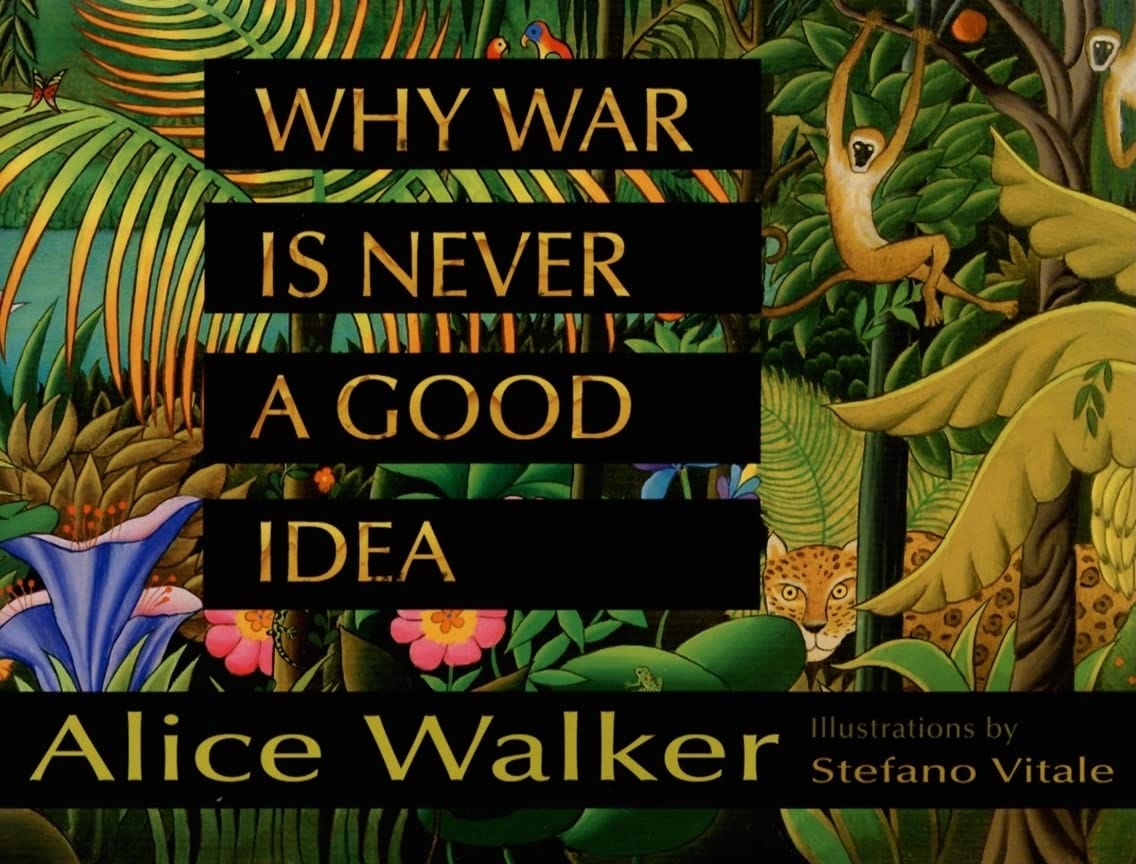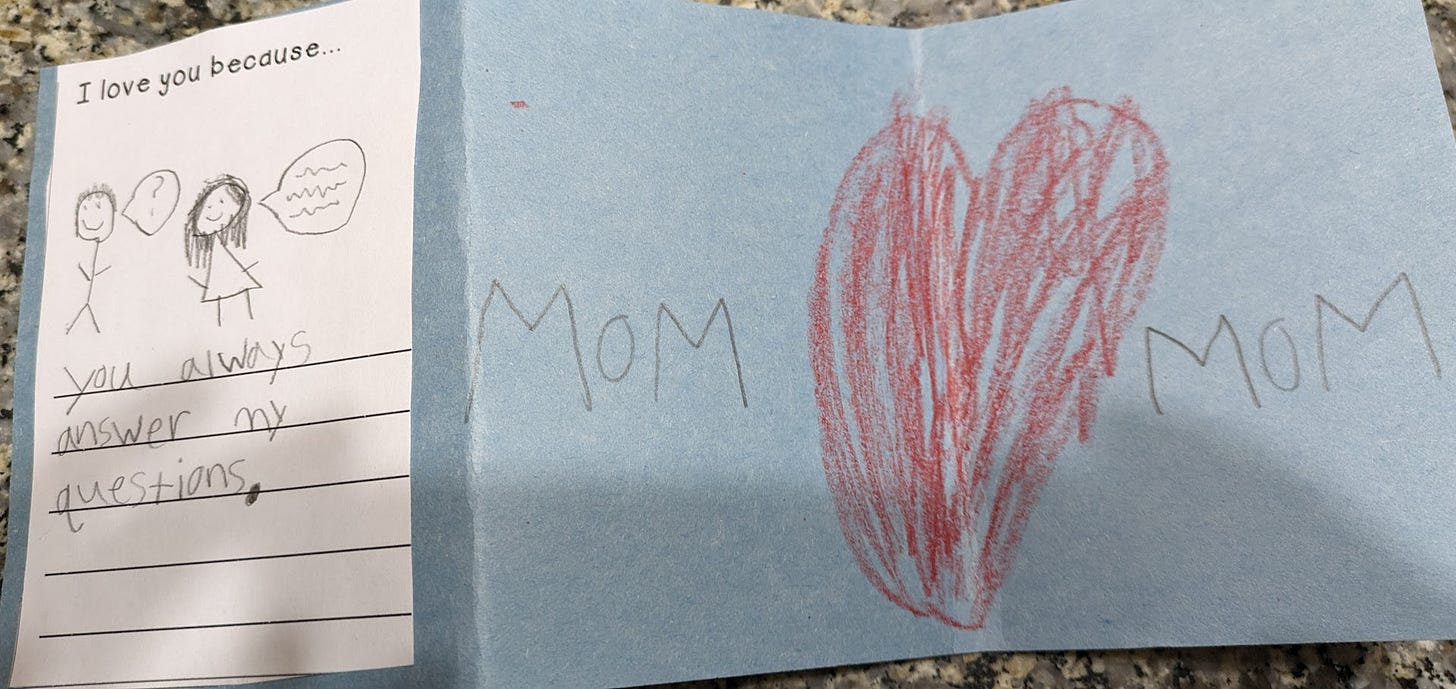Why War is Never a Good Idea
Last month, my almost-seven-year-old asked for my reassurance at bedtime that fighting would never come to our town.
He has picked up, through a combination of honest conversations with my husband and me and violent backyard games, some vague sense of what war entails. He already knew that war hadn’t happened in the United States for hundreds of years, and also that wars tended to be fought in and around places of economic, military, or cultural significance — none of which our small town on the plains can claim. This because I had told him during an earlier conversation that if war did come to the U.S., it was unlikely to start or be carried out near us.
This was what he wanted me to remind him of so he could relax enough to sleep, although I had to stop short of promising him that mass-scale violence would never occur here. My husband and I had not been talking about war recently, but I suspect our very perceptive son had picked up on our anxiety when we spoke of the current political climate.
Back when my son was preverbal — sometime in the months before his second birthday, when going out in public with him still necessitated a stroller — I browsed the children’s room of a local book sale. I found a copy of Why War is Never a Good Idea by Alice Walker and I added it to my stack, congratulating myself on preparing to tackle this difficult topic. Then as in now, I worried about the cultural messaging around violence and masculinity, and I wanted to counteract it at every possible turn.

I read the book to him when we got home. It had lines that hit especially hard, such as, “When it comes/ To nursing / Mothers / [War] is blind; / Milk, especially / Human, / It cannot / See.” Of course, he was too young to understand it, but I still felt virtuous for exposing him to it. Perhaps he would magically “absorb” its messages even though he had absolutely no context for them.
Then he became verbal quickly. The barrage of questions started. Questions that I sometimes didn’t know the answers to. Or I knew he’d never understand the answer when I gave it (the sky is blue because of gases in our atmosphere and the way they break down light rays, but how to make that understandable to a toddler?) But, in my commitment to honesty, I gave the best answers I could, explained as best I could, trusting that these answers would lay the foundations both of trust and knowledge he could return to when he was more ready. (He did not outgrow his endless questions, and this boundless curiosity is my favorite part of his personality. On a Mother’s Day card last year, he wrote, “I love you because you always answer my questions.”)

In the weeks before he turned three, we were playing outside beside our garage. A sliver of color amidst the black soil caught his eye, and he crouched down and began digging to unearth it. He found part of a broken-down skidloader toy. Then we saw other glimpses of plastic. My belly was swollen with my second son, but I did my best to get down close to the earth with him and aid in the excavation.
I would have liked to find more skidloader parts. Instead, we uncovered a little green soldier. Then another. And another. The earth seemed to be spewing them forth. Many had lost limbs. Yet my son exclaimed in delight with each additional discovery.
All I could think was, we’ve unearthed a mass grave.
A voice inside me was saying, You could make this a teachable moment. You could explain that these men are soldier toys, and they’re used for playing war, and that in real life, many soldiers do lose parts of their bodies in the fighting.
But I stayed silent, a sickness settling in with the baby growing inside me. I let my toddler collect all the soldiers he found to show Dad later, and I resolved that I would quietly dispose of them when the thrill of discovery wore off.
I did. Those dirt-crusted green soldiers sat on an end table for a day or two, then disappeared. My son quickly forgot them. I did not. And as for Why War is Never a Good Idea, that, too, had quietly disappeared to a higher shelf designated for “books Mom wants to keep” or “books for when you’re older.” I had removed it from the “bedtime books” shelf as soon as I realized I wasn’t ready to read it to a child who was accustomed to asking questions with each turn of the page. I had to do some serious digging to find it again to write this post.
But now my seven-year-old is asking me to reassure him that war will never visit us. Now he is in school and his sensitive self is inevitably having daily run-ins with the unholy intertwining of glorified violence and masculinity. My commitment to honesty remains. Forget the sex questions, that’s easy. It’s the war questions I dread.
But this may be the moment for which I bought Alice Walker’s book all those years ago.
It’s time to move it to a lower shelf.